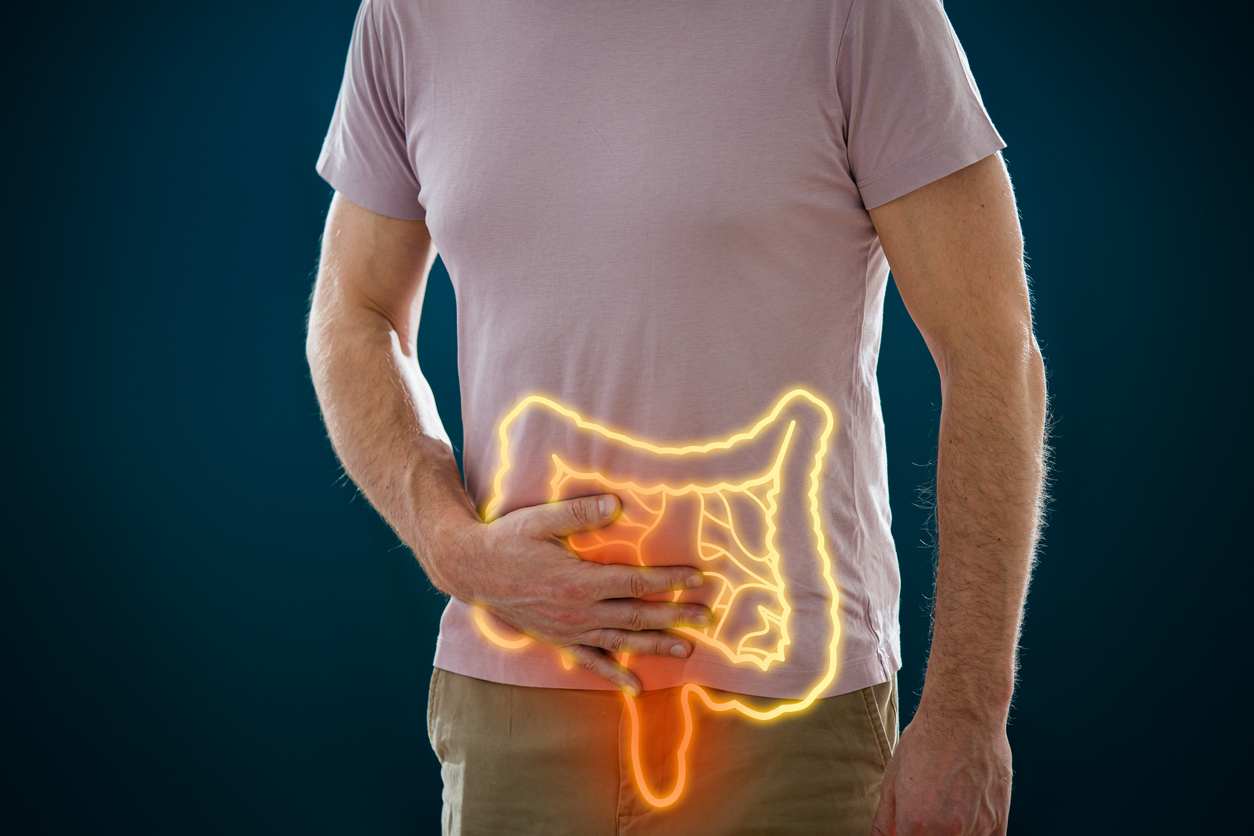2025-06-06
Binge eating: when neurons crave food
Endocrinology and Metabolism Neurology
#EatingDisorder #BingeEating #AnimalModels
#Anxiety #Compulsivity #Metabolism #Neuroplasticity
Binge eating refers to a pathological eating behavior characterized by the rapid and uncontrolled consumption of large quantities of food—most often high-calorie, sugary, and/or fatty foods. This behavior is typically accompanied by a loss of control, followed by feelings of guilt or psychological distress, and it does not necessarily involve compensatory behaviors such as vomiting. This pattern is typical of eating disorders like bulimia nervosa and binge eating disorder (BED), which is now recognized as a distinct clinical entity in international diagnostic classifications.
Beyond its behavioral manifestations, binge eating is associated with significant metabolic consequences, as well as cognitive and emotional impairments. In humans, these comorbidities are often confounded by obesity or chronic exposure to "obesogenic" environments, making it difficult to identify the specific effects of binge behavior itself.
This study was conducted to better understand the specific impacts of binge eating and to identify the behavioral and metabolic mechanisms involved. Animal models, particularly rats and mice, provide a valuable tool for exploring these mechanisms. Thanks to controlled dietary, environmental, and genetic variables, they allow researchers to isolate the effects specific to binge eating behavior and examine compulsion, reward circuits, and associated hormonal changes.
This review selected 204 studies to examine the specific effects of binge eating, independent of obesity or chronic high-calorie diets. Two groups of animals were compared to isolate the behavioral and physiological consequences of binge eating:
Findings showed that intermittent binge exposure increased anxiety in rodents. This was measured by a reduction in time spent in the open arms of the elevated plus maze. However, this effect was modest. On the motivational level, binge-eating animals showed increased persistence in seeking the target food, as evidenced by their performance in the progressive ratio task. Interestingly, this heightened behavior did not correlate with increased pleasure, suggesting a dissociation between “wanting” and “liking”.
Moreover, these animals exhibited compulsive eating behaviors, continuing to consume despite aversive stimuli or punishments, indicating a deficit in inhibitory control. They also showed greater stress resilience, failing to reduce food intake after exposure to stress—unlike the control group. While weight gain was not consistently observed, binge-eating rodents developed significant metabolic alterations, including disruptions in glucose, lipid, and hormone metabolism—similar to those seen with chronic high-calorie diets.
Binge eating disorder is marked by excessive, uncontrolled food intake, combined with high compulsivity and emotional dysregulation. It is commonly observed in bulimia nervosa and binge eating disorder, yet remains difficult to distinguish from the effects of obesity or prolonged high-fat diets.
A major challenge lies in the high heterogeneity of experimental models and in the diversity of behavioral and physiological measurements used across studies. For instance, anxiety signals are more pronounced with sugary diets and can be influenced by the type of withdrawal protocol (spontaneous or induced).
This study aimed to isolate the specific behavioral and physiological effects of binge eating through a critical synthesis of animal models.
The results confirm the relevance of animal models in exploring the motivational and emotional circuits involved in binge eating. The identification of compulsivity markers and early observations of neurobiological reprogramming offer concrete leads for the development of targeted pharmacological or behavioral interventions, particularly focused on the reward system.
Moreover, these studies help distinguish the mechanisms unique to food compulsion, independently of obesity—highlighting increased anxiety, sustained motivation toward palatable food, and signs of metabolic dysregulation even in the absence of weight gain.
To advance toward clinical applications, future research will need to standardize experimental protocols, better integrate sex/gender data, and adopt longitudinal and standardized outcome measures. The ultimate goal is to translate these findings into more effective and personalized treatment strategies for patients suffering from binge eating disorders.
Binge eating refers to a pathological eating behavior characterized by the rapid and uncontrolled consumption of large quantities of food—most often high-calorie, sugary, and/or fatty foods. This behavior is typically accompanied by a loss of control, followed by feelings of guilt or psychological distress, and it does not necessarily involve compensatory behaviors such as vomiting. This pattern is typical of eating disorders like bulimia nervosa and binge eating disorder (BED), which is now recognized as a distinct clinical entity in international diagnostic classifications.
Beyond its behavioral manifestations, binge eating is associated with significant metabolic consequences, as well as cognitive and emotional impairments. In humans, these comorbidities are often confounded by obesity or chronic exposure to "obesogenic" environments, making it difficult to identify the specific effects of binge behavior itself.
This study was conducted to better understand the specific impacts of binge eating and to identify the behavioral and metabolic mechanisms involved. Animal models, particularly rats and mice, provide a valuable tool for exploring these mechanisms. Thanks to controlled dietary, environmental, and genetic variables, they allow researchers to isolate the effects specific to binge eating behavior and examine compulsion, reward circuits, and associated hormonal changes.
Eating without restraint: at what cost?
This review selected 204 studies to examine the specific effects of binge eating, independent of obesity or chronic high-calorie diets. Two groups of animals were compared to isolate the behavioral and physiological consequences of binge eating:
- Rodents exposed to intermittent binge-eating regimens;
- Rodents given either a standard diet or continuous access to the same palatable foods.
Findings showed that intermittent binge exposure increased anxiety in rodents. This was measured by a reduction in time spent in the open arms of the elevated plus maze. However, this effect was modest. On the motivational level, binge-eating animals showed increased persistence in seeking the target food, as evidenced by their performance in the progressive ratio task. Interestingly, this heightened behavior did not correlate with increased pleasure, suggesting a dissociation between “wanting” and “liking”.
Moreover, these animals exhibited compulsive eating behaviors, continuing to consume despite aversive stimuli or punishments, indicating a deficit in inhibitory control. They also showed greater stress resilience, failing to reduce food intake after exposure to stress—unlike the control group. While weight gain was not consistently observed, binge-eating rodents developed significant metabolic alterations, including disruptions in glucose, lipid, and hormone metabolism—similar to those seen with chronic high-calorie diets.
Read next: Binge eating under high tension
When the brain craves, the body pays the price
Binge eating disorder is marked by excessive, uncontrolled food intake, combined with high compulsivity and emotional dysregulation. It is commonly observed in bulimia nervosa and binge eating disorder, yet remains difficult to distinguish from the effects of obesity or prolonged high-fat diets.
A major challenge lies in the high heterogeneity of experimental models and in the diversity of behavioral and physiological measurements used across studies. For instance, anxiety signals are more pronounced with sugary diets and can be influenced by the type of withdrawal protocol (spontaneous or induced).
This study aimed to isolate the specific behavioral and physiological effects of binge eating through a critical synthesis of animal models.
The results confirm the relevance of animal models in exploring the motivational and emotional circuits involved in binge eating. The identification of compulsivity markers and early observations of neurobiological reprogramming offer concrete leads for the development of targeted pharmacological or behavioral interventions, particularly focused on the reward system.
Moreover, these studies help distinguish the mechanisms unique to food compulsion, independently of obesity—highlighting increased anxiety, sustained motivation toward palatable food, and signs of metabolic dysregulation even in the absence of weight gain.
To advance toward clinical applications, future research will need to standardize experimental protocols, better integrate sex/gender data, and adopt longitudinal and standardized outcome measures. The ultimate goal is to translate these findings into more effective and personalized treatment strategies for patients suffering from binge eating disorders.
Read next: One session, one trigger?

Last press reviews
Colorectal cancer: a blood test to identify patients at risk of recurrence

By Ana Espino | Published on March 2nd, 2026 | 3 min read<br><br>
Cancer: when biotin becomes a therapeutic lever

By Elodie Vaz | Published on February 27, 2026 | 3 min read<br>
